The State of Streaming: 2020 overview of Stadia, GeForce Now and more
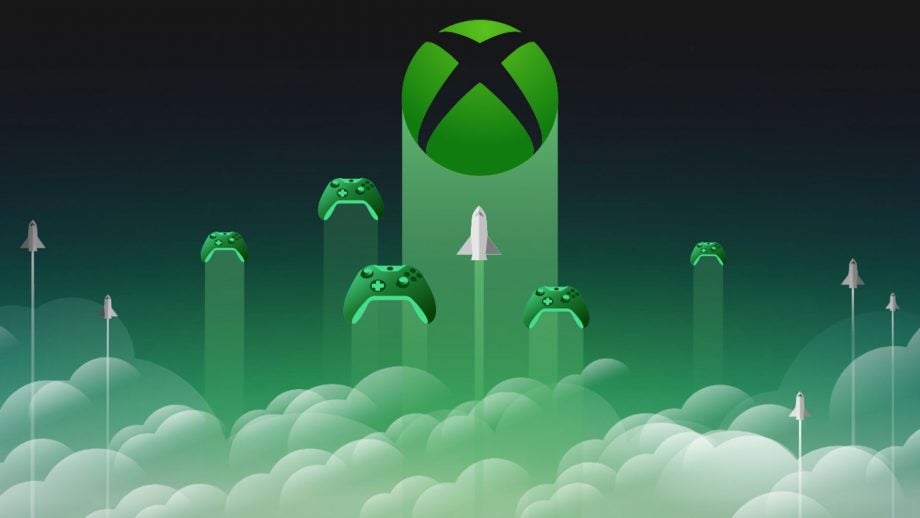
It’s now been over a year since Google introduced cloud streaming to the world, as Stadia hoped to rival PlayStation and Xbox in the gaming market.
Since then, we’ve also seen the emergence of alternative cloud-streaming services such as GeForce Now and Microsoft’s Project xCloud, with Amazon also jumping on the bandwagon with Luna.
The concept of cloud streaming is undoubtedly fantastic, allowing you to stream games online via data centres so you can play AAA games (like Cyberpunk 2077) with maxed out graphics on the likes of a smartphone or low-powered laptop. If you have a high-speed internet connection, this proves to be a far more cost-effective option than spending lots of money on a high-end PC or next-gen console.
But how have cloud-streaming services fared after the first year? Are they showing any signs of disrupting PlayStation and Xbox? We’ve done our research to answer all of these questions and more. So let’s get to it:
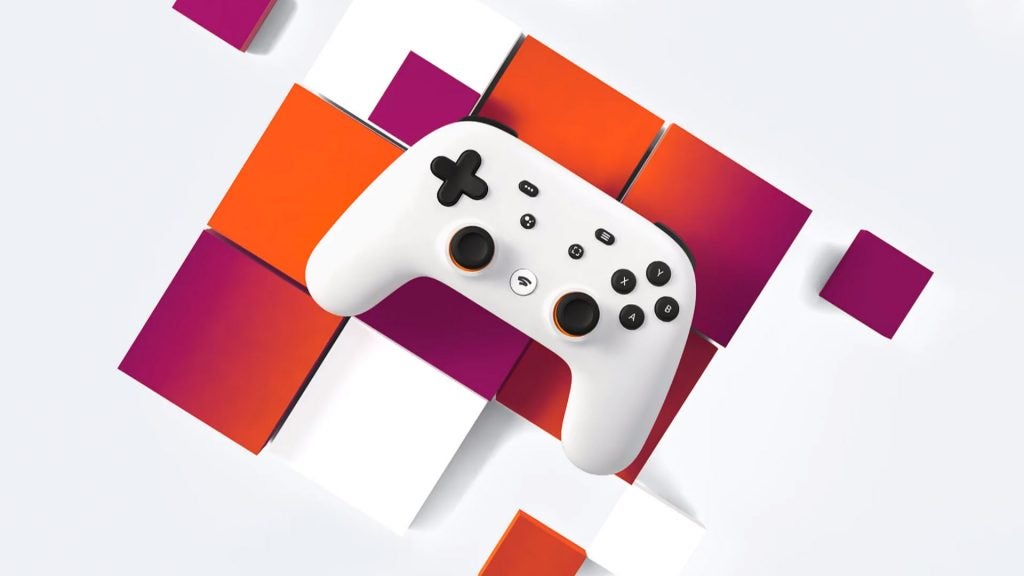
The state of streaming – Google Stadia
Google Stadia was the first to officially launch – not including betas – out of all the mainstream cloud-streaming services. It was an exciting new technology when it first emerged in November 2019, but its launch was arguably marred by a number of concerns.
The biggest issue with Stadia is that it’s a self-contained platform that requires you to pay for and build your game library up from scratch. This is immediately a massive turn off for any gamer with an already established library of games on other platforms.
To make matters worse, Google has seen issues persuading some developers to launch games on its platform, resulting in an arguably small game library of just over 100 titles. The recent omission of Call of Duty: Black Ops Cold War is a notable concern, as are the lengthy delays to the likes of Dirt 5 and FIFA 2021. But to Google’s credit, it has been able to add big hitters such as Assassin’s Creed Valhalla and Cyberpunk 2077 at their respective launch dates.
Related: Best PC Games 2020
The biggest strength of Stadia is being able to run games in 4K resolutions (as long as you have download speeds of 35 Mbps or greater) when you sign up to the £8.99/month Stadia Pro subscription. 4K is now supported on Google Chrome web browsers as well as through the dedicated app, making 4K gaming very accessible. However, not all games are guaranteed to run at a full 4K resolution. In fact, many of them don’t.
Cyberpunk 2077 is one of the best examples of how useful this is, with consoles and mid-range PCs struggling to run the sci-fi RPG at a high resolution with decent frame rates. As long as you’ve got a speedy internet connection, Google Stadia is actually one of the very best platforms to play Cyberpunk.
Stadia is also very versatile, allowing you access your game library from various devices including laptops, desktop PCs, Android smartphones and the Google Chromecast Ultra. There’s a good chance you have at least one of these hardware options, removing the need for an expensive console or PC purchase.
Despite the positives, GamesIndustry.biz reported back in April that there had only been one million installs for Stadia since launch. That initially sounds like a lot, especially since we’re missing data for the following eight months and it doesn’t factor in subscribers who are using Chrome instead of the app. But with the PS5 reportedly selling an estimated 2.1 million to 2.5 million units worldwide (via Vgchartz) on its opening two launch dates, Stadia is very far away from challenging the status quo, despite Google’s initial big claims.
There have also been various reports of people struggling to find multiplayer matches in the likes of Destiny 2, which suggests the player base is rather thin on the ground. But it’s important to remember that it’s still early days for cloud-streaming services, and there’s plenty of potential for Stadia to flourish into a thriving gaming platform, but it all hinges on whether Google is willing to be patient. Stadia was never going to leapfrog PlayStation and Xbox overnight, but Google has a bad habit of removing support for projects that don’t see immediate success. Let’s hope Stadia avoids a similar fate.
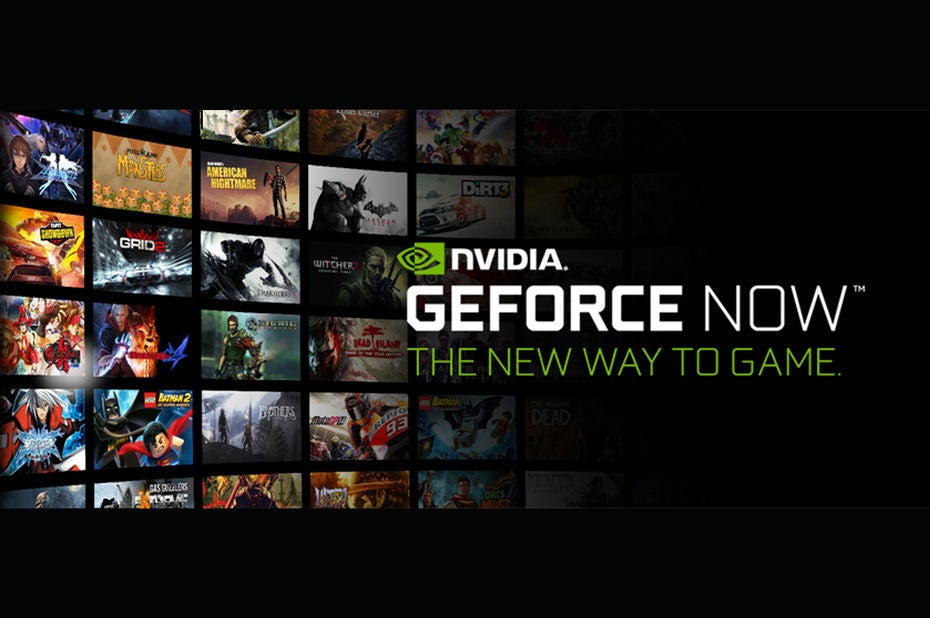
The state of streaming – Nvidia GeForce Now
Nvidia’s GeForce Now officially launched just a few months after Stadia, but had been in beta for a long, long time prior. Geforce Now uses the same cloud-streaming concept of allowing users to play AAA games on the likes of a smartphone, Chromebook or desktop PC via a speedy internet connection. But there is one major difference to Stadia.
Nvidia decided against locking players to one self-contained platform, meaning you can import your games from the likes of Steam, Epic Games Store and uPlay. This means your game purchases won’t be locked to the cloud-streaming platform, allowing you to play the same titles offline if you have the required hardware.
Not every PC game will work with GeForce Now, but Nvidia has done a fantastic job of working with developers to enable support, despite the initial licensing setbacks at launch. There’s an excellent mix of both old and new games in this collection, from Half-Life to CyberPunk 2077. But like Stadia, it’s also missing modern AAA titles such as Call of Duty: Black Ops Cold War, while PC gamers will be disappointed by the absence of the Total War series.
Related: Best graphics cards 2020
GeForce Now is also limited to a 1080p at 60fps performance, meaning you can get better visuals with Stadia. Nvidia has said it’s looking into lifting this cap up to 4K (or even 8K) in the future, but isn’t convinced most people have the internet bandwidth to cope with such demands.
On the plus side, GeForce Now offers RTX features such as DLSS and ray tracing, which are generally only found with expensive gaming hardware. You do need to pay £4.99 per month for such features, but it’s still a much more affordable alternative to buying an RTX graphics card. The free subscription plan is also a very generous offering, even if it does limit you to one-hour sessions at a time.
Nvidia claims there are 5 million registered users right now, streaming a total of 15 million hours every month. That’s a pretty strong fan base, with Nvidia committed to supporting the platform via weekly new games and the recent announcement of iOS compatibility.
GeForce Now demonstrates that cloud-streaming services don’t have to be at odds with existing gaming platforms, but can cooperate with the likes of Steam and Epic Games Store instead to give gamers more flexibility. It’s hardly perfect, with several major publishers still refusing to allow their games on the service, but it still feels like GeForce Now is still a far more consumer-friendly offering to Stadia – even if it lacks important features such as 4K resolutions.
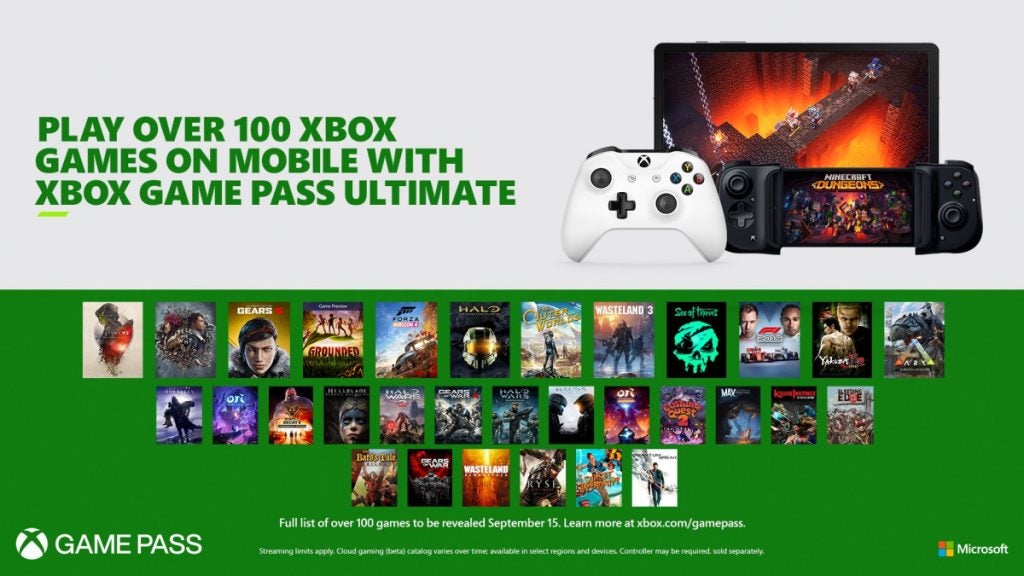
The state of streaming – Xbox Game Pass Ultimate
It was no secret that Microsoft was working on its own cloud-streaming solution, as it’s been teasing Project xCloud for a long time. But in a shock twist, Microsoft snubbed the idea of launching its own streaming subscription service like Google Stadia, and instead bundled the streaming capabilities into the Game Pass Ultimate offering.
For those unfamiliar, Xbox Game Pass is a service similar to Netflix in that you pay a monthly fee to get access to around 200 games. While you previously needed an Xbox or a gaming PC to run such games, the new cloud-streaming technology allows you to access a large percentage of these games on an Android smartphone, with iOS and PC support following in Spring 2021.
The Game Pass Ultimate subscription is fairly expensive at £10.99/month, but when you consider you’re getting access to over 200 games as well as the ability to stream games to low-powered hardware, it’s arguably a better value offering than what both Google and Nvidia are offering.
Microsoft has even promised to include every Xbox exclusive at launch, which means you’re getting the likes of Halo, Gears of War and Forza at no extra charge. And with Microsoft recently acquiring ZeniMax Media, the likes of Elder Scrolls, Doom and Dishonoured are expected to follow.
Related: Xbox Series S review
The downside to Game Pass is that it’s unlikely to support many AAA third-party at launch, so you’ll have to wait a long time for the likes of CyberPunk and Call of Duty: Black Ops Cold War to show up – and there’s no guarantee they ever will. This means Game Pass is a great side gig for your PC or Xbox, but isn’t necessarily a fantastic standalone platform for serious gamers.
The cloud streaming technology also caps games to a 720p resolution at 60Hz, which is the lowest visual quality of all the major cloud offerings. This could potentially change in Spring 2021 once support arrives for PCs however.
It’s difficult to establish how popular Microsoft’s cloud-streaming service is right now since it’s bundled into Game Pass rather than existing as an individual entity, but Microsoft has at least revealed (via Verge) that Game Pass now has 15 million subscribers.
It’s too early to say whether Microsoft’s strategy of bundling xCloud into Game Pass will pay off, but it makes a lot of sense on paper. Stadia has a very difficult job of building a new gaming platform from scratch, while Xbox is essentially just expanding upon the same ecosystem it’s been growing for the last two decades. Google may have lots of technology as its disposal, but it can’t compete with the pulling power of the likes of Halo, Gears and The Elder Scrolls.
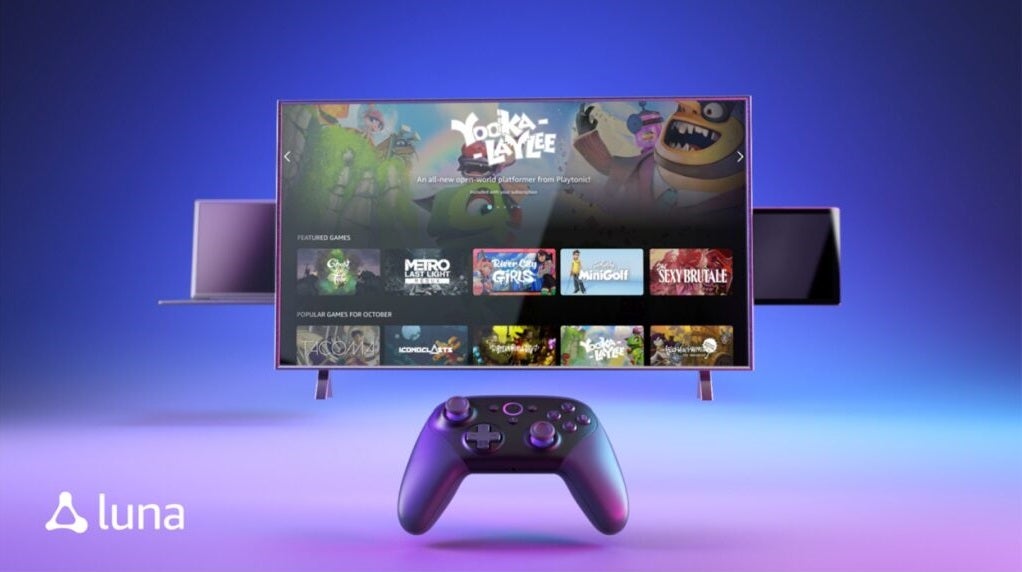
The state of streaming – Amazon Luna
Not one to miss out on a bandwagon, Amazon has also announced its own cloud-streaming service called Luna. It’s currently not available in the UK, limited to Early Access in the US, so we can’t comment on performance. But Amazon has offered up plenty of information on the upcoming service.
On paper, Luna looks very similar to Google Stadia. There’s a $5.99/month subscription, but you have to pay for the games separately in a locked-down ecosystem. There’s only 100 games available at launch however, with several big omissions including CyberPunk, Call of Duty and FIFS. You can at least get access to a huge number of Ubisoft games (Assassin’s Creed, Watch Dogs, Far Cry etc) by subscribing to the Ubisoft+ channel, but that costs an eye-watering $14.99 per month.
Related: Best Gaming Laptops 2020
You can also access Amazon Luna via a number of different devices, including PC, Mac, Fire TV and smartphones. The performance is capped at 1080p at 60fps for now, but Amazon has announced that 4K support is ‘coming soon’.
While it’s very early days, it’s difficult to see Luna making a big impact once it launches. Its offering is very similar to Google Stadia, albeit with a less impressive game library. Hardcore Ubisoft fans may be intrigued by the prospect of streaming the company’s massive library of games, while the Twitch integration is a nice touch, but there’s otherwise very little here that we haven’t seen before.
As a result, it may be a matter of ‘too little, too late’ for Amazon Luna, but ruling out one of the most cash happy companies in the world at such an early stage would be very brave indeed.
Verdict
So those are our four heavyweight cloud-streaming options. It would be impossible to declare a winner for 2020 with so much up in the air still, but it does look like the gaming community has embraced the likes of GeForce Now and Game Pass Ultimate more so than Google Stadia at this early stage.
But don’t rule out Google Stadia entirely just yet. The fact that CyberPunk 2077 runs more smoothly on Google Stadia than the majority of other platforms (particularly the PS4 and Xbox One) shows the benefits of such technology, especially since you don’t need to spend big on next-gen consoles to achieve 4K resolutions.
The biggest limitation of cloud-streaming services is our own internet speeds however, with most people lacking the required bandwidth to run games at max graphics settings. This means it’s pretty reasonable to suggest cloud-streaming is “ahead of its time” and is still a long way off challenging physical consoles.
That said, it’s only a matter of time until cloud streaming does become the norm. It’s just a matter of which company will stick it out the longest and offer the most compelling service. Will PlayStation, Nintendo, Nvidia and Xbox remain as the gaming titans, or do Amazon and Google have what it takes to become major players in the gaming industry? Only time will tell.


